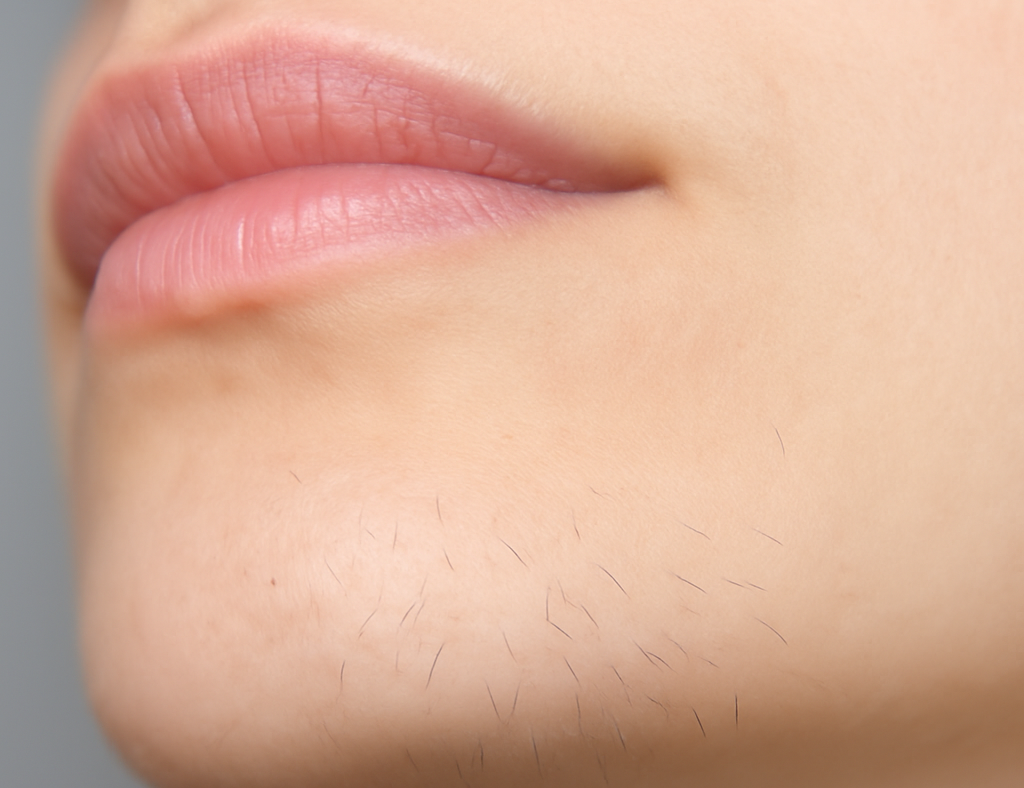Noticing coarse hairs sprouting on your chin? You’re definitely not alone. While the occasional stray hair isn’t usually cause for concern, frequent or excessive chin hair growth could be a subtle signal from your body that something more serious is happening beneath the surface.
Let’s explore some of the key reasons chin hair appears—and when you should take notice.
1. Hormonal Imbalances
One of the primary reasons for unwanted chin hair in women is a hormonal imbalance, particularly elevated levels of androgens—male hormones like testosterone. Even a slight increase can trigger hair growth in areas like the chin and jawline.
This can happen as a result of:
-
Polycystic Ovary Syndrome (PCOS)
-
Menopause
-
Changes in birth control
-
Thyroid issues
Tip:
If you’re also experiencing irregular periods, acne, or unexplained weight gain, it’s a good idea to speak with a healthcare provider and get your hormone levels tested.
2. Polycystic Ovary Syndrome (PCOS)
PCOS is a common endocrine disorder among women of reproductive age. One of its most visible symptoms is hirsutism—excessive hair growth in places like the face, chest, and back.
Other common symptoms include:
-
Irregular or missed periods
-
Difficulty getting pregnant
-
Oily skin or frequent breakouts
-
Dark patches on the skin, especially around the neck
Health tip:
PCOS should be diagnosed by a professional. Treatment might involve hormonal medications, diet and lifestyle changes, or a combination of both.
3. Genetics and Ethnicity
Sometimes, facial hair is simply hereditary. If your mother, sisters, or grandmothers have had similar growth, chances are your genetics are playing a role. Certain ethnic backgrounds also naturally tend to have more facial or body hair.
Reminder:
If the hair growth is not sudden or paired with other symptoms, it may just be a natural variation.
When to See a Doctor
If you notice rapid hair growth, hair in new or unusual areas, or other symptoms like changes in your cycle, skin, or weight, it’s smart to get checked. Chin hair may seem minor, but it can be a valuable clue to your hormonal and overall health.
